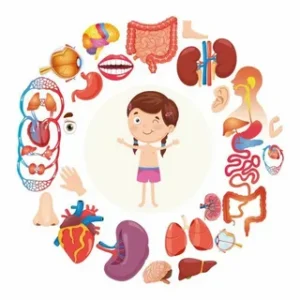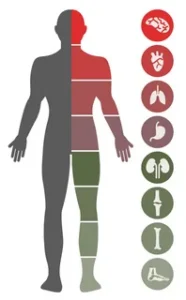Why Sugar Is More Harmful Than You Think
Sugar, especially in its processed form, is one of the most harmful substances in the modern diet. While it’s often consumed in the form of sugary beverages, candies, and baked goods, the health consequences of consuming excessive amounts of sugar go far beyond a few extra pounds. Sugar is a major contributor to obesity, which is a leading risk factor for many serious diseases, including heart disease, type 2 diabetes, and certain cancers.
When consumed, sugar causes rapid spikes in blood glucose levels, triggering the release of insulin. Over time, this can lead to insulin resistance, a condition in which the body’s cells no longer respond to insulin effectively. Insulin resistance is a precursor to type 2 diabetes, a condition that affects millions of people worldwide.
Sugar also contributes to the development of fatty liver disease. When the liver is overwhelmed with excessive sugar, it converts it into fat, which can build up in the liver and cause non-alcoholic fatty liver disease (NAFLD). This condition can progress to more serious liver problems, including cirrhosis.
Additionally, sugar has a direct impact on heart health. Studies have shown that a high-sugar diet is linked to an increased risk of high blood pressure, inflammation, and higher levels of harmful cholesterol, all of which contribute to heart disease. Moreover, sugar can negatively affect your mental health, with some research suggesting a connection between high sugar intake and symptoms of depression and anxiety.
The addictive nature of sugar only makes matters worse. The more sugar you consume, the more your body craves it, leading to a vicious cycle of cravings and overconsumption. To reduce the risks associated with sugar, consider eliminating sugary beverages from your diet and opting for natural sweeteners like honey or fruit in moderation.









Post Comment